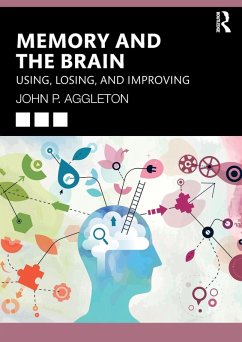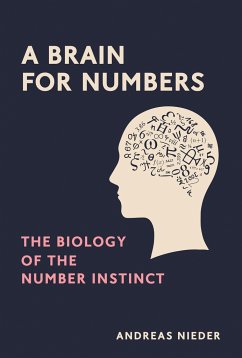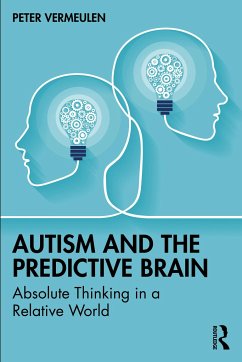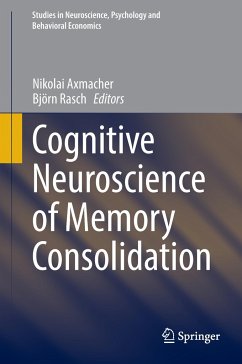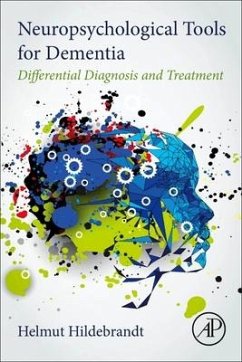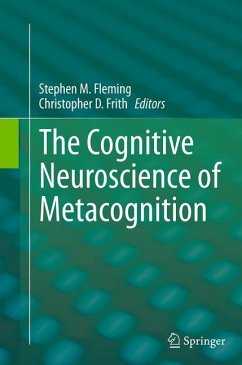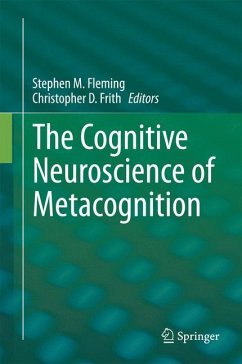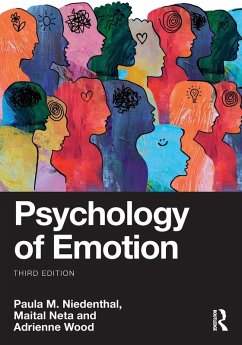
Memory and the Brain
Using, Losing, and Improving
Versandkostenfrei!
Versandfertig in 6-10 Tagen
127,99 €
inkl. MwSt.
Weitere Ausgaben:

PAYBACK Punkte
64 °P sammeln!
Memory and the Brain explores the fascinating psychology and neuroscience of human memory.Written by a world expert in the field, John P. Aggleton, this book covers learning and memory from the very beginning of life to its end, with an emphasis on real-world applications throughout. Aggleton begins by considering the fallibility of long-term memory and explores the many reasons why we forget. He goes on to contrast this with superior memory and examines what, if anything, is special about individuals with remarkable memory powers, and how might we improve our own memory. The significance of s...
Memory and the Brain explores the fascinating psychology and neuroscience of human memory.
Written by a world expert in the field, John P. Aggleton, this book covers learning and memory from the very beginning of life to its end, with an emphasis on real-world applications throughout. Aggleton begins by considering the fallibility of long-term memory and explores the many reasons why we forget. He goes on to contrast this with superior memory and examines what, if anything, is special about individuals with remarkable memory powers, and how might we improve our own memory. The significance of sleep, our ability to 'remember' the future, the various brief memory stores, and the multiple forms of amnesia are also covered, as well as the most common forms of dementia - including Alzheimer's disease. The book concludes with an Alphabet of Memory Curiosities, which showcases a diverse range of topics: from aphantasia to zebrafish, stopping off at topics such as Jennifer Aniston neurons, bilingualism, and neuromyths in education.
Drawing on classic studies alongside many discoveries from contemporary research, this book is written for anyone curious about how our memory works and will appeal to students and general readers alike.
Written by a world expert in the field, John P. Aggleton, this book covers learning and memory from the very beginning of life to its end, with an emphasis on real-world applications throughout. Aggleton begins by considering the fallibility of long-term memory and explores the many reasons why we forget. He goes on to contrast this with superior memory and examines what, if anything, is special about individuals with remarkable memory powers, and how might we improve our own memory. The significance of sleep, our ability to 'remember' the future, the various brief memory stores, and the multiple forms of amnesia are also covered, as well as the most common forms of dementia - including Alzheimer's disease. The book concludes with an Alphabet of Memory Curiosities, which showcases a diverse range of topics: from aphantasia to zebrafish, stopping off at topics such as Jennifer Aniston neurons, bilingualism, and neuromyths in education.
Drawing on classic studies alongside many discoveries from contemporary research, this book is written for anyone curious about how our memory works and will appeal to students and general readers alike.





